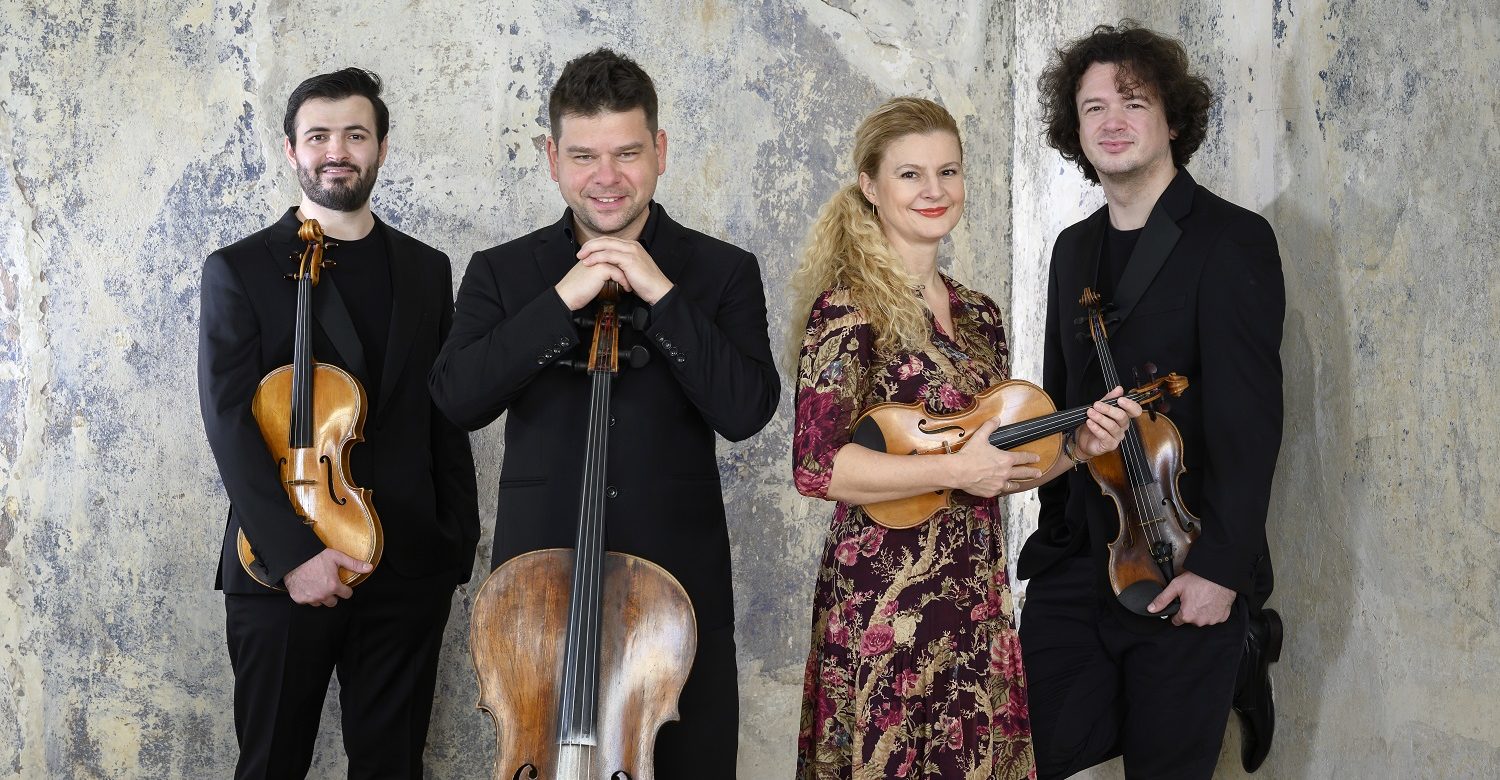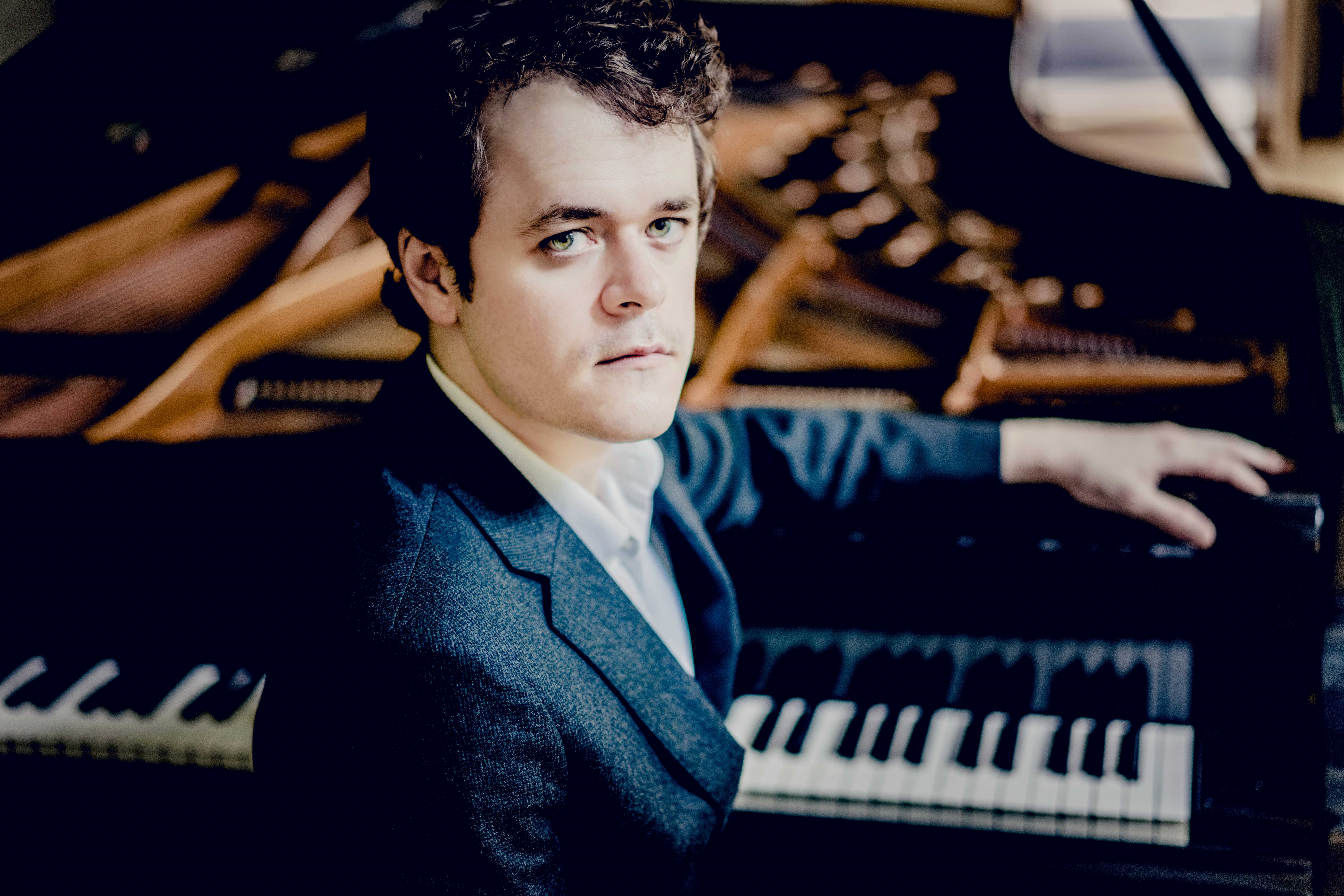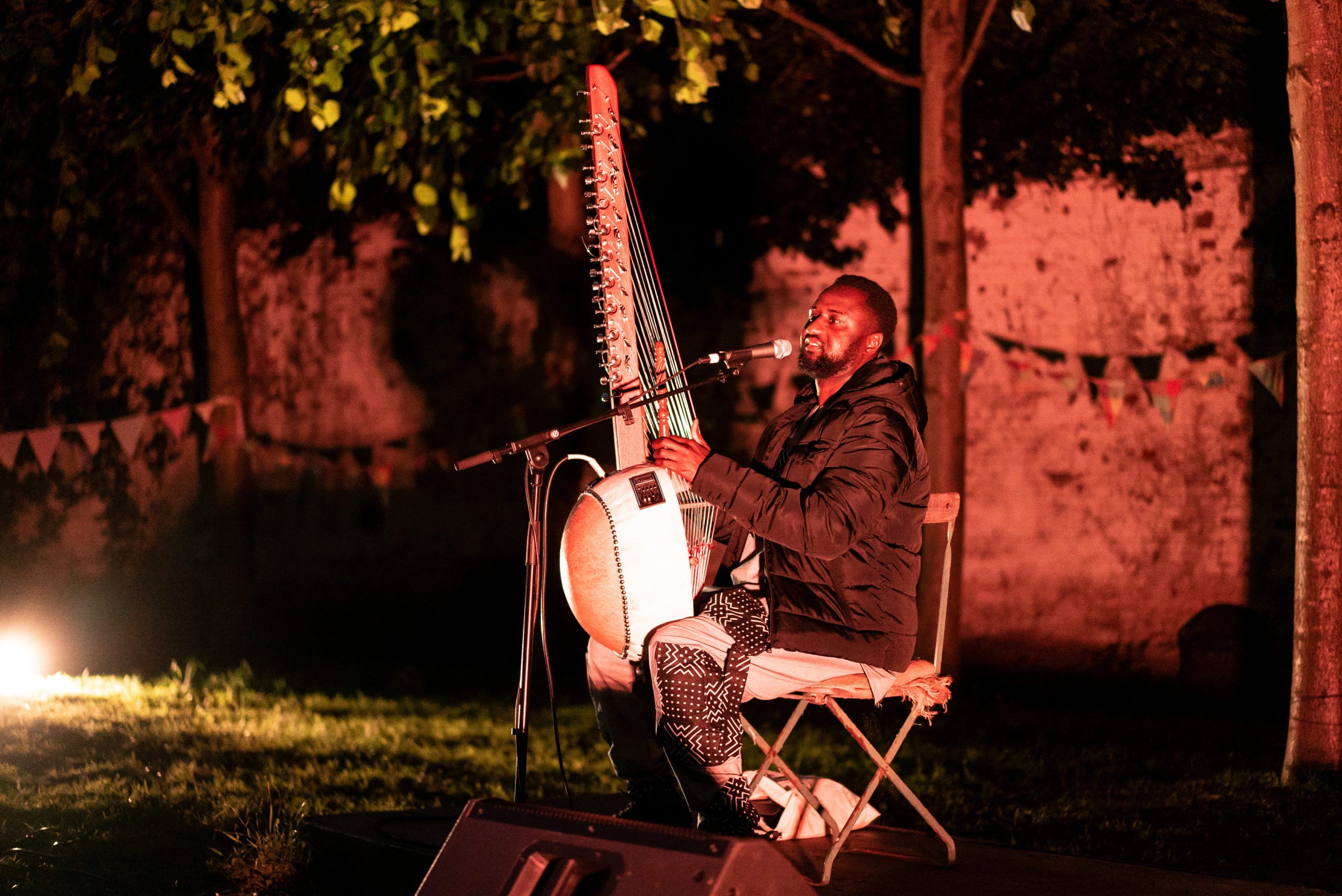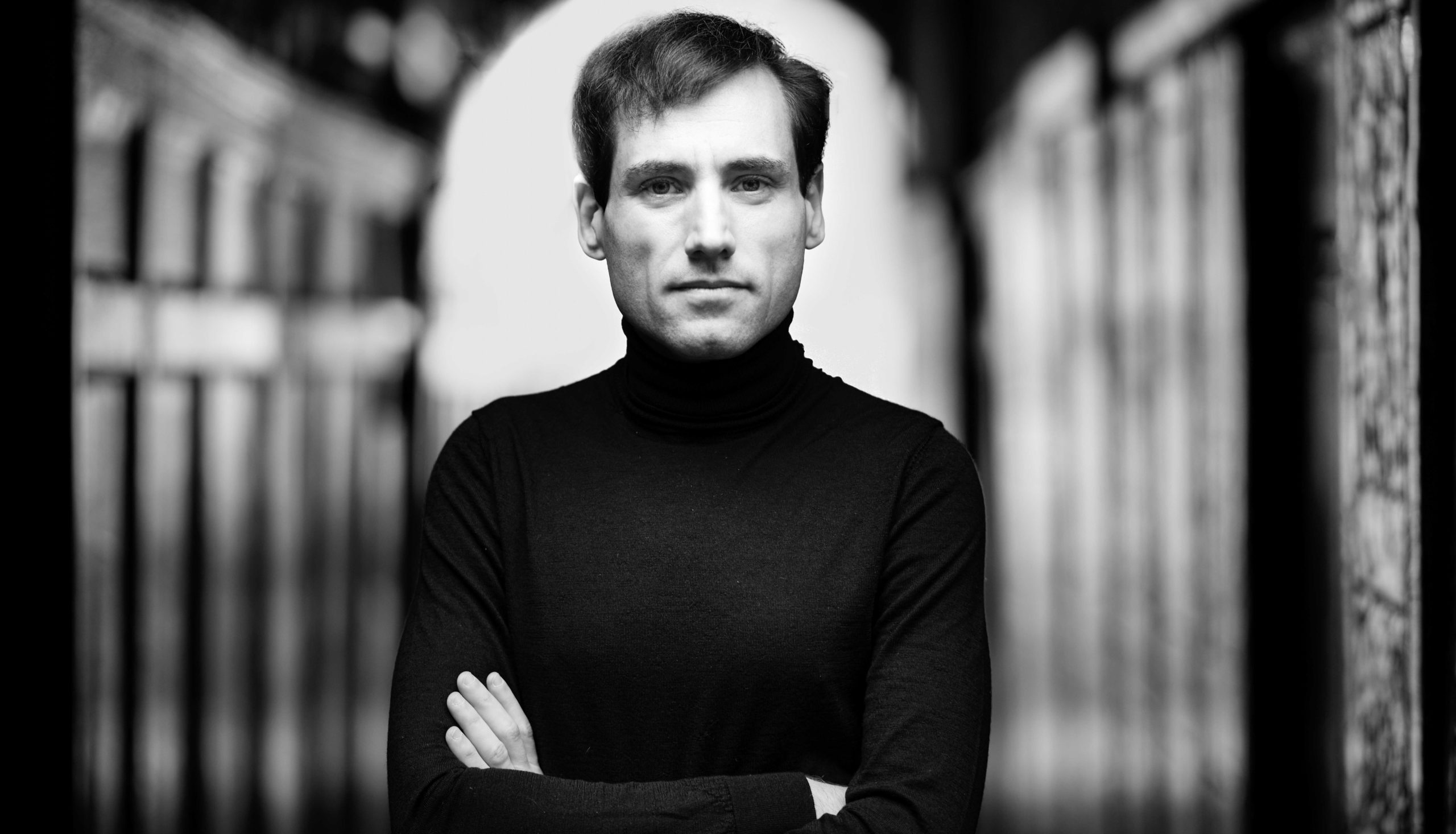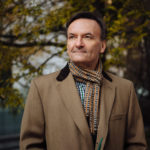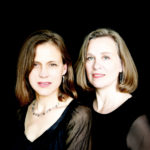
Meet Jonathan Cohen of Arcangelo
Jonathan Cohen is the Founder and Director of Arcangelo, who perform at Trinity College Chapel on 16 February in an all-Bach programme. We asked him about the background of the ensemble and what to expect from the concert.
What is the story behind Arcangelo and how/why it was founded?
I founded Arcangelo about 10 years ago. It all came together around our first recording, with Iestyn Davies, and that was the catalyst – I then decided to gather these players, who were good friends and colleagues from other groups we all worked with, and make music together on a more regular basis. The guiding ethos has always been that of chamber music. I understand almost all music from Monteverdi to early Beethoven as a form of chamber music, best realised by musicians collaborating in that intuitive way amongst themselves. And my starting point for projects is generally musicians rather than music – finding the like-minded people with whom I share that understanding.
What aspects of Bach will we hear in this concert?
This programme opens up a great swathe of Bach’s genius. The central focus is of course the music Bach wrote for the violin, his own instrument, and the many roles he gave the violin to play as protagonist in his music. But all of Bach’s music is so complete, and the cantatas especially are showcases for the totality of his composition – and the most explicit statements of his faith.
Why have you chosen these pieces?
As I said my starting point for projects is musicians. I’ve been aware for some time now of Théotime’s rising star in France, where I still have very good friends following my time with William Christie and Les Arts Florissants. As I listened to his recordings I realised that he was exactly the kind of musician with whom we could work, not just as a traditional concerto soloist, but also working within the ensemble as leader and duetting with other soloists in the cantatas, as obbligato soloist. Of course, I also love the opportunity to work with a really top-quality vocal consort – so these were the two orientation points around which we constructed the programme.
Which part of the programme takes your breath away?
I’m not sure that breathtaking is quite the right word for Bach, though the impact of his music is exceptionally intense whether you study it on the page, perform it, or listen to it. It’s something closer to awe, though again that’s too static – Bach intended his music to stimulate and animate everyone involved in it, from performers to listeners. Let’s ask the audience at the end of the concert!

